Kino Europa: Generace Euromajdan | Promítání s debatou
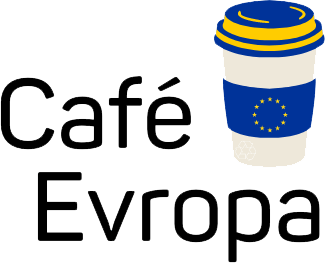
Jan Lukačevič: Jak si poradit v krizových situacích?
O Institutu EUROPEUM
EUROPEUM je nezávislý think-tank zaměřený na evropský integrační proces. Provádíme původní výzkum a organizujeme veřejné aktivity. Dále formulujeme nové myšlenky a doporučení ke zlepšení domácí a evropské politiky.
Události
Pořádáme pravidelné semináře, debaty, konference, workshopy a kulaté stoly zaměřené na aktuální evropská témata.
Projekty
Naše dlouhodobé projekty pomáhají zvyšovat povědomí o Evropské unii a posilují mezinárodní spolupráci.
Články
Náš výzkumný tým publikuje články reagující na témata spojená (nejen) s evropskou integrací.
Události
Pořádáme pravidelné semináře, debaty, konference, workshopy a kulaté stoly zaměřené na aktuální evropská témata.
Projekty
Naše dlouhodobé projekty pomáhají zvyšovat povědomí o Evropské unii a posilují mezinárodní spolupráci.
Články
Náš výzkumný tým publikuje články reagující na témata spojená (nejen) s evropskou integrací.


Evropský čtvrtek u piva s Tomášem Pojarem

Transatlantic After Hours: Next Gen in Spotlight?

Veřejné natáčení podcastu Café Evropa: Evropa, má vlast

Budoucnost transatlantických vztahů – výzvy a příležitosti v době proměny amerických priorit

Ambiciózní EU: Jak ufinancovat rozpočet? | Co je nového v Evropském parlamentu?

"Dotace jsou byrokracie!" Opravdové zkušenosti českých domácností s Novou zelenou úsporám

Kino Europa: Slyšíš mě? | Promítání s debatou

Ukrajinské reformy a česká zkušenost: co by mohlo Česko poradit Ukrajině na cestě do EU?

iROZHLAS | Vokálek: Česko by mělo mít nárok na úplné osvobození od solidárního příspěvku

eXtra.cz | Fialova chyba zasáhne peněženky všech, tvrdí Andrej Babiš. Odborníci reagují

Seznam Zprávy | „Pyrrhovo vítězství“ zní reakce na odklad emisních povolenek

ČT24 | Wilders ztratil, nizozemští proevropští liberálové D66 ve volbách posílili

EURACTIV.pl | Velké sázky, velké peníze: Jak může příští sedmiletý rozpočet EU ovlivnit Polsko a Česko

tvnoviny.sk | Jednání o půjčce pro Ukrajinu uvízla na mrtvém bodě. Slovensko může podle analytika znovu blokovat společný postup EU
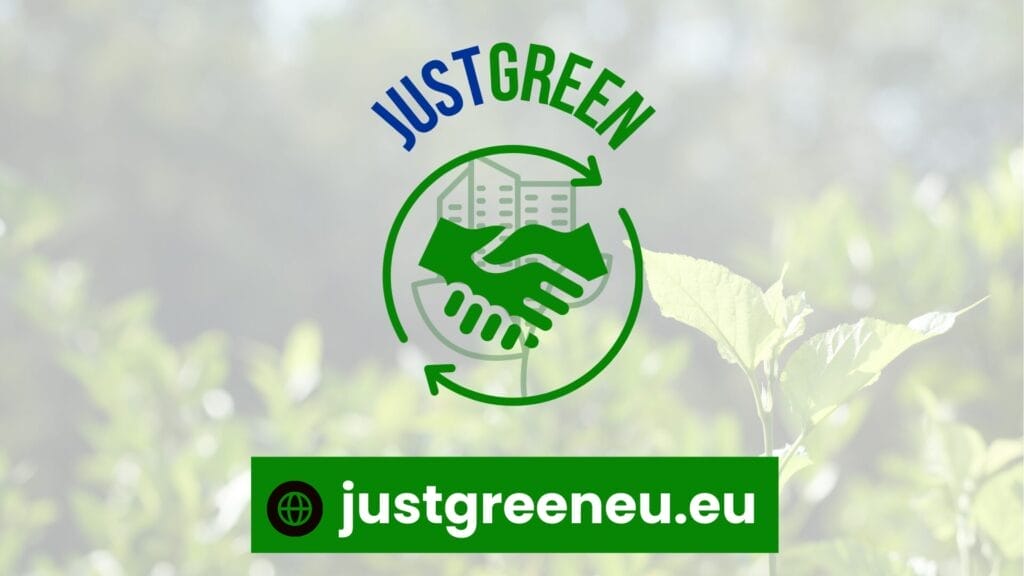
JustGreen

Postoj České republiky k e-mobilitě, ETS2 a SCF v období po roce 2025
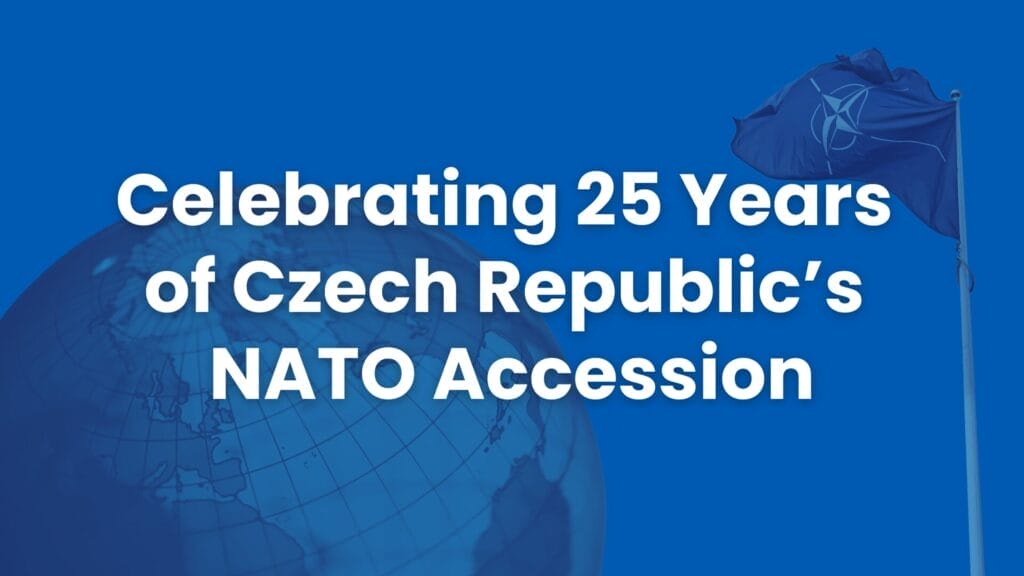
Celebrating 25 Years of Czech Republic’s NATO Accession

Pomoc nezávislým médiím a organizacím občanské společnosti při zajištění přístupu k spolehlivým informacím o Evropské unii a rozšíření EU na sociální média v Arménii.
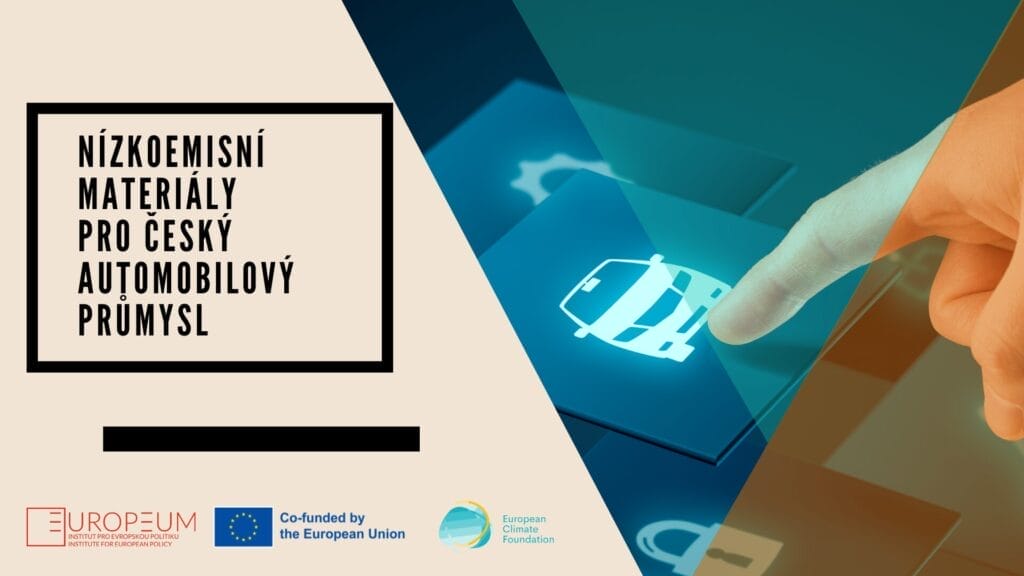
Nízkoemisní materiály pro český automobilový průmysl
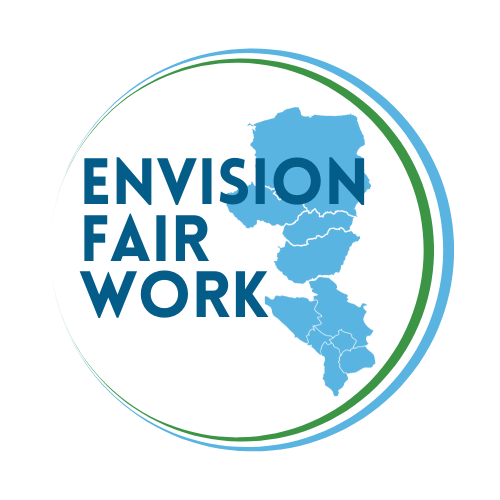
Platform Revolution: utváření budoucnosti pro práci v EU a na západním Balkáně

Policy Brief | Rozdělení v Evropském parlamentu a jeho dopady na politiku EU a demokratický deficit

Doporučení Národního konventu o EU | Role Česka a konkurenceschopnost Evropské unie

Policy Paper | Společný pokrok nebo odloučení? Přehodnocení transatlantického partnerství v novém globálním řádu

Report | Vize pro český automobilový průmysl

Role Česka a konkurenceschopnosti EU, ekonomická bezpečnost, vztahy s USA a Čínou i strategie Global Gateway | Podkladový dokument Národního Konventu o EU

Policy Brief | Prosazování nařízení EU o nucené práci a systémová rizika nucené práce v Sin-tiangu
Sledujte nás na X
Poslechněte si náš podcast
Napište nám
Můžete nás kontaktovat vyplněním formuláře níže, e-mailem, telefonicky nebo prostřednictvím sociálních médií.
110 00, Praha 1













